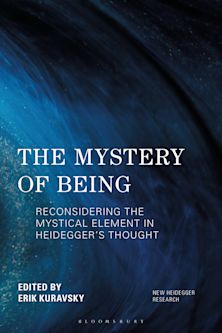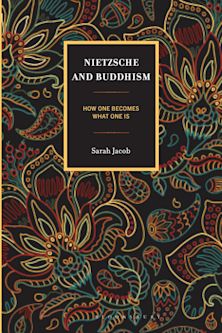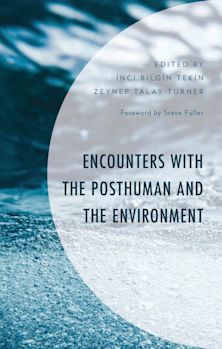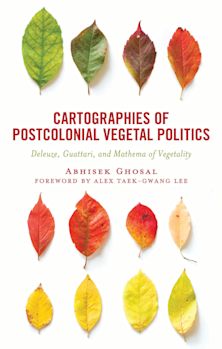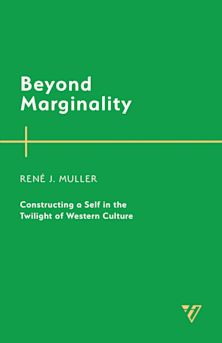- Home
- ACADEMIC
- Philosophy
- Philosophy - Other
- Critical Thinking
Critical Thinking
Learn the Tools the Best Thinkers Use
- Textbook
Critical Thinking
Learn the Tools the Best Thinkers Use
- Textbook
Exam copy added to basket
Choose your preferred format. Please note ebook exam copies are fulfilled by VitalSource™.
Buy from Bloomsbury eTextBooks
You are now leaving the Bloomsbury Publishing website. Your eBook purchase will be with our partner https://www.vitalsource.com.
Your credit card statement will show this purchase originating from VitalSource Technologies. They will also provide any technical assistance you might require.
You must sign in to add this item to your wishlist. Please sign in or create an account
Description
This introduction to critical thinking focuses on an integrated, universal concept of critical thinking that is both substantive and practical. It provides students with the basic intellectual skills they need to think through content in any class, subject, or discipline, and through any problems or issues they face.
Now available from Rowman & Littlefield, Richard Paul and Linda Elder's Critical Thinking: Learn the Tools the Best Thinkers Use focuses on the most basic critical thinking concepts. It includes activities that allow readers to apply these concepts within disciplines and to life. An added feature to this brief book is a focus on close reading and substantive writing.
Content highlights include:
Think for Yourself activitiesDiscovering the parts of thinking and the standards for thinkingLearning to formulate clear and substantive questionsMaking the design of a course work for youClose reading and substantive writingBecoming a fairminded thinker
Table of Contents
1. How the Mind Can Discover Itself
2. Discover The Parts of Thinking
3. Discover Universal Standards for Thinking
4. Redefining Grades as Levels of Thinking and Learning
5. Learn to Ask the Questions the Best Thinkers Ask
6. Discover How the Best Thinkers Learn
7. Learn How to Read Closely and Write Substantively
Part I: Discover Close Reading
Part II: Discover Substantive Writing
Part III: Practice Close Reading and Substantive Writing
8. Become a Fairminded Thinker
9. Deal with Your Irrational Mind
Part I: The Best Thinkers Take Charge of Their Egocentric Nature
Part II: The Best Thinkers Take Charge of Their Sociocentric Thinking
10. The Stages of Critical Thinking Development: At What Stage Are You?
Appendix A: Further Exercises in Close Reading and Substantive Writing
Appendix B: Sample Analyses of “The Logic of . . .”
Appendix C: What We Mean By “The Best Thinkers?”
Glossary
Product details
| Published | Mar 15 2020 |
|---|---|
| Format | Ebook (PDF) |
| Edition | 1st |
| Extent | 370 |
| ISBN | 9798765194164 |
| Imprint | The Foundation for Critical Thinking |
| Publisher | Bloomsbury Publishing |
About the contributors
Reviews
-
This book is well-written, lucid and contains abundant examples and applications that not only enliven the subject matter but present relevant contexts for building understanding and advanced critical thinking. In addition, it is faithful to the complexity and work required to improve one's thinking. It does not soft-pedal the challenge but actually throws down the gauntlet to the worthy reader to pick it up.
Stephen J. Knopp, Ohio University
-
This concise version is a comprehensive and robust textbook Many Critical Thinking books cover thinking from a narrow angle, but Paul and Elder offer a model of critical thinking that can be applied not only to academic disciplines but also to life in general.
Connie Wolfe, Surry Community College




















